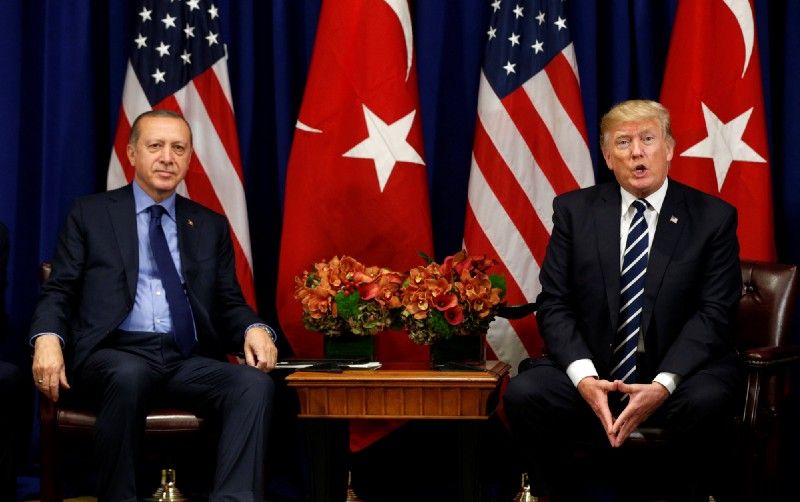President Trump’s announcement that the US would recognize Jerusalem as Israel’s capital and (eventually) move its embassy there has provoked anger and lamentation from around the world. But it was the response from Turkey’s President Recep Tayyip Erdogan that really caught our eye. Erdogan warned that Trump’s move crosses a “red line” for Muslims and that he will rally other Muslim countries in protest. A few thoughts:
- Erdogan clearly didn’t learn the lesson from President Barack Obama that you should never draw a red line in the Middle East unless you’re willing and able to enforce it.
- Erdogan can’t speak for the world’s Muslims any more than Israeli Prime Minister Benjamin Netanyahu can speak for the world’s Jews, as he sometimes claims to do.
- Erdogan’s comments tell us more about his personal frustrations with Washington and his intention of using anti-American rhetoric to rally support ahead of the next elections than about his policy plans.
- Palestinians have reason to be incensed. They don’t need Mr. Erdogan’s guidance on how to vent their anger.
- As my friend Alex Kliment wrote in Tuesday’s Signal, most Arab leaders are worried more about Iran than about Israel. They’ll loudly protest Trump’s move, but as long as he treats Arab governments as allies and stays tough on Iran, they won’t do much about it.
- France’s President Macron offered the most sensible response: “The status of Jerusalem must be resolved through peace negotiations between Israelis and Palestinians.”
A final point: The US hasn’t even chosen a site for the new embassy. It will be a long time before a secure, well-constructed embassy can be built. It might take more time than Trump will have as president. For that reason, it might never be built.
